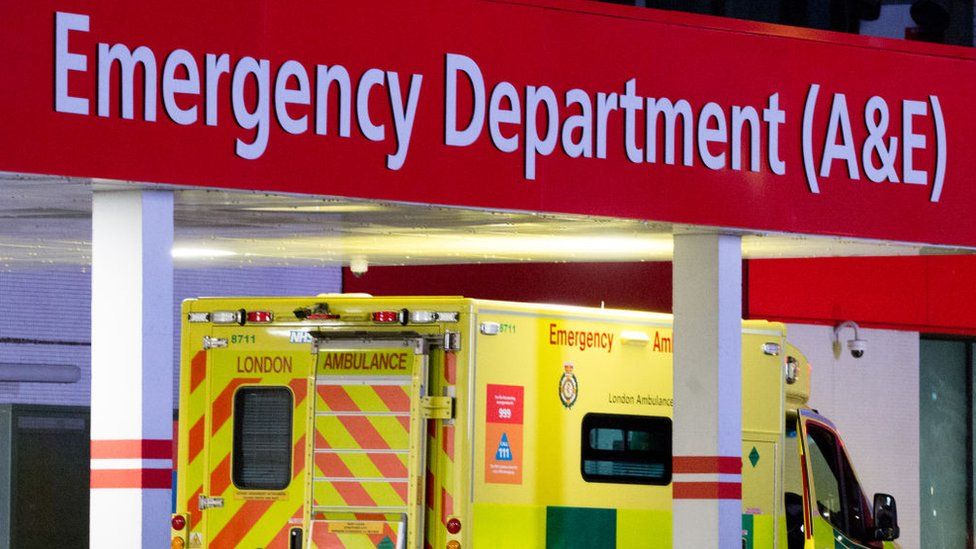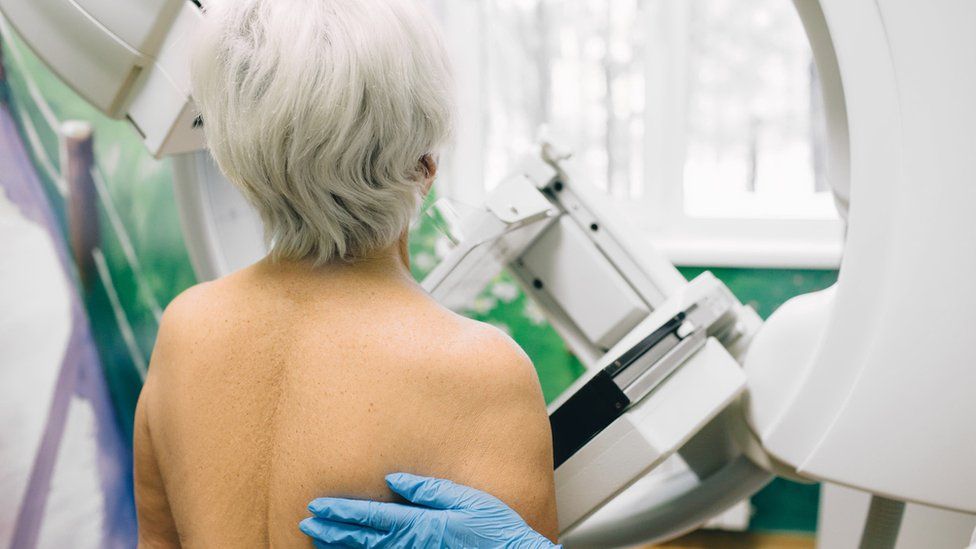Let us know you agree to cookies
We use cookies to give you the best online experience. Please let us know if you agree to all of these cookies.
 Image copyright
Getty Images
Image copyright
Getty Images
A&E visits in England have halved since the coronavirus outbreak started, dropping to their lowest level since records began.
Before the pandemic, more than 2.1m patients a month were visiting A&E. In April that dropped to 916,581.
Everything from cancer care to routine surgery has been disrupted by coronavirus, although ministers have called for services to be restored.
But re-starting NHS services could take many months, experts say.
Three think tanks said reorganising care and the need for protective kit and extra cleaning meant it would take time before the NHS was back fully.
NHE England data also shows urgent cancer referrals by GPs and routine operations have slowed.
'Come forward for urgent care'
 Image copyright
Getty Images
Image copyright
Getty Images
It comes as NHS bosses have once again urged patients to seek urgent medical treatment if they need it.
There is particular concern that patients who have suffered strokes and heart problems have stayed away because of fears over coronavirus.
NHS England clinical director for stroke Dr Deb Lowe said she and fellow doctors were "really worried" that the numbers seeking help for stroke care had gone down.
A&E visits and cancer referrals down
Figures published on Thursday showed A&E visits in England have halved since the outbreak began.
During April, there were 916,581 attendances - the lowest since records began in 2010.
Before the coronavirus outbreak, more than 2.1m patients a month were visiting A&E. In March that dropped to 1.53m.
Data for other areas lags a month behind - so for routine treatments and cancer care NHS England has only been able to publish the data for March. Lockdown was announced in late March.
GPs made 181,873 urgent cancer referrals during March - down from 196,425 on the same month in 2019.
The number of patients admitted for routine surgery and treatment, such as knee and hip operations, dropped by a third to 207,754, down from 305,356 in March 2019.
Hospitals were told to start stopping routine care to free up beds for the coronavirus peak.
Meanwhile, community services have had to be scaled back as staff have been redeployed and face-to-face contact has had to be restricted.
Health visitors, for example, have been having to carry out most of their consultations with new mothers via phone or using video technology.
Macmillan Cancer Support chief executive Lynda Thomas said despite urgent cancer care being prioritised during the lockdown, services were still affected, while she fears some patients were put off seeking help.
'Cancer must not become the forgotten 'C' in this pandemic."


The think tanks - the Nuffield Trust, King's Fund and Health Foundation - said tackling the backlog in cases and restoring services was going to take time.
They warned staff were exhausted because they had been working flat out and needed time to recover.
The availability of protective kit, such as aprons and goggles, would need to be improved and expanded, while changes would need to be made to allow for social distancing.
What is more, capacity would still need to be set aside for a second peak.


The NHS is expected to use the space at the 10 field hospitals - known as Nightingales in England - to provide some of this. Only two of them are currently being used.
Nuffield Trust chief executive Nigel Edwards said: "With the virus still at large there is no easy route back to the way things were before.
"Unfortunately that will mean people waiting much longer and some services being put on hold."

Has your operation been delayed? Have you avoided going to A&E? Please share your experiences by emailing haveyoursay@bbc.co.uk .
Please include a contact number if you are willing to speak to a BBC journalist.
https://news.google.com/__i/rss/rd/articles/CBMiLGh0dHBzOi8vd3d3LmJiYy5jb20vbmV3cy9hbXAvaGVhbHRoLTUyNjU0OTU20gEsaHR0cHM6Ly93d3cuYmJjLmNvbS9uZXdzL2FtcC9oZWFsdGgtNTI2NTQ5NTY?oc=5
2020-05-14 09:34:00Z
52780784966633
Tidak ada komentar:
Posting Komentar